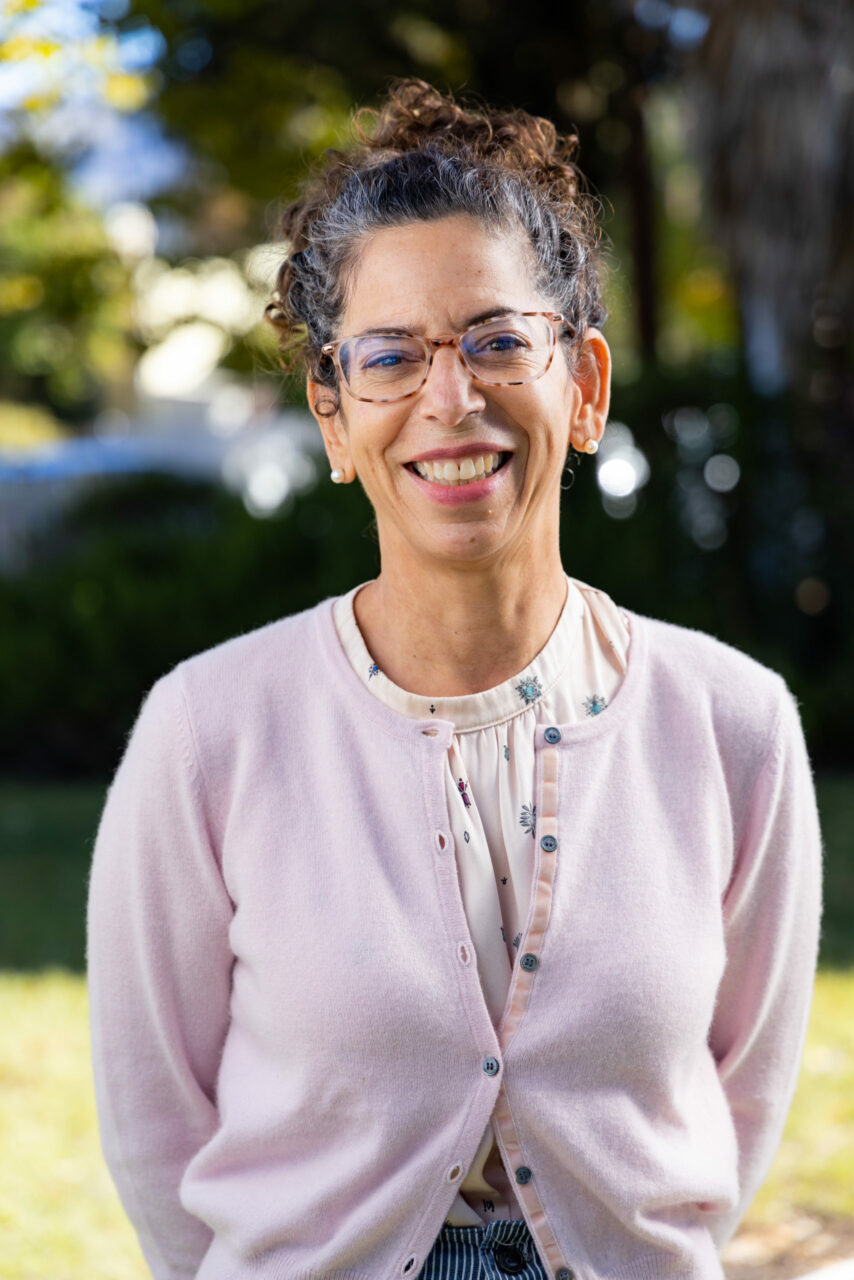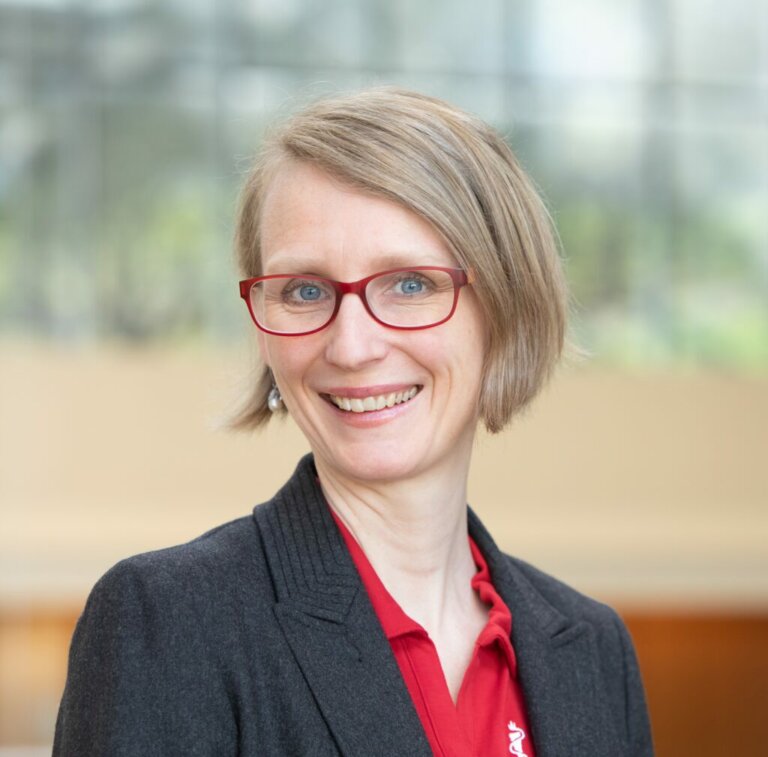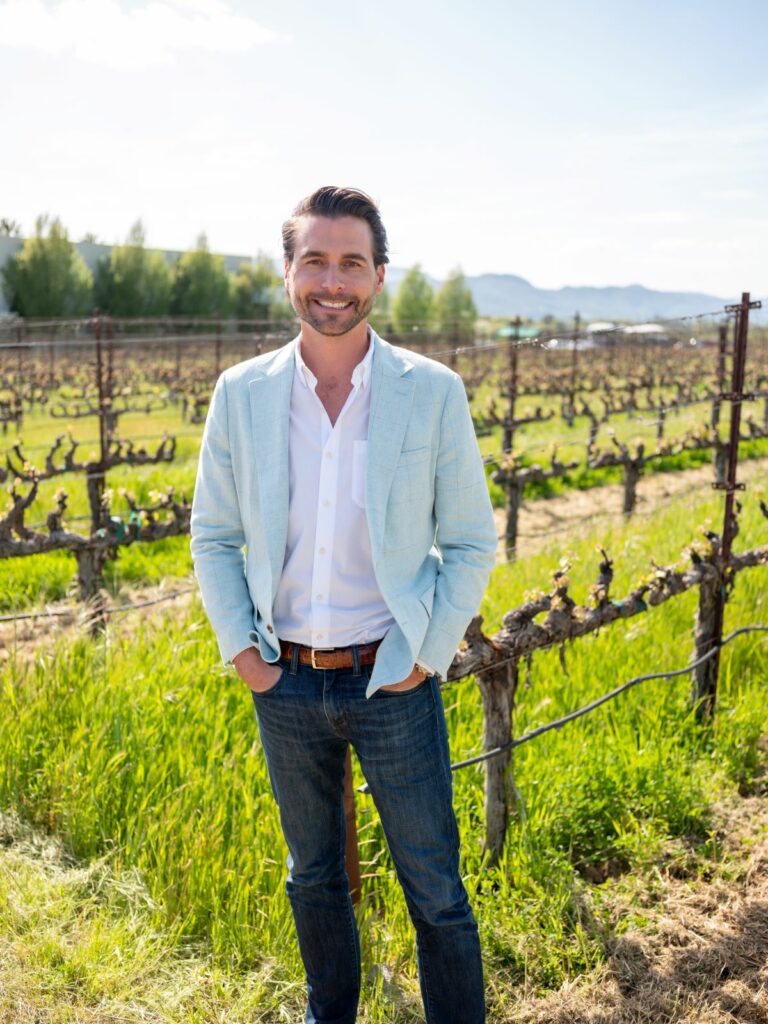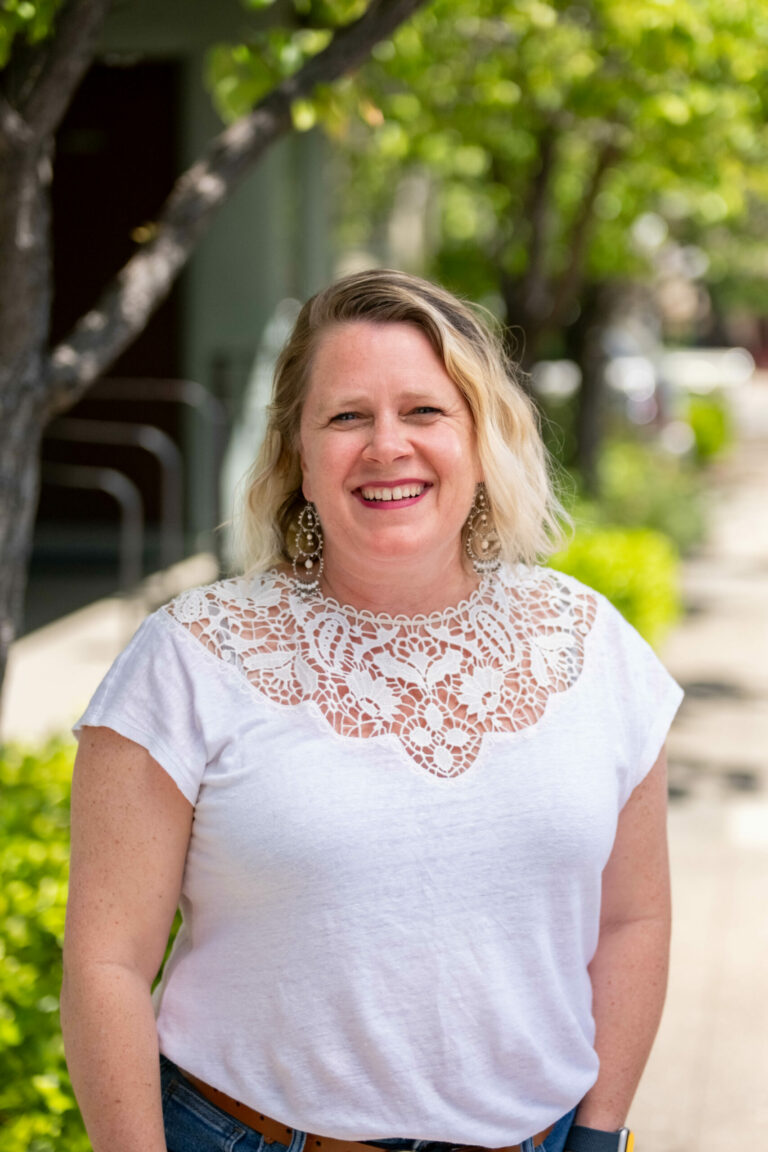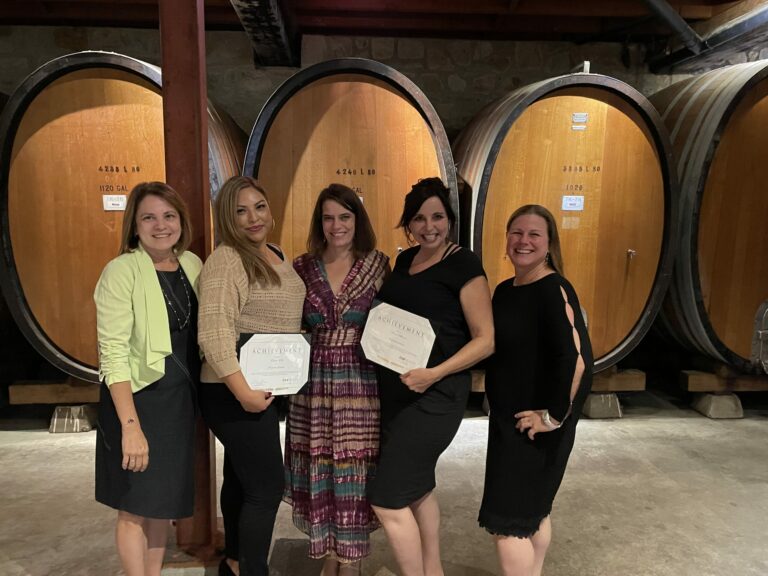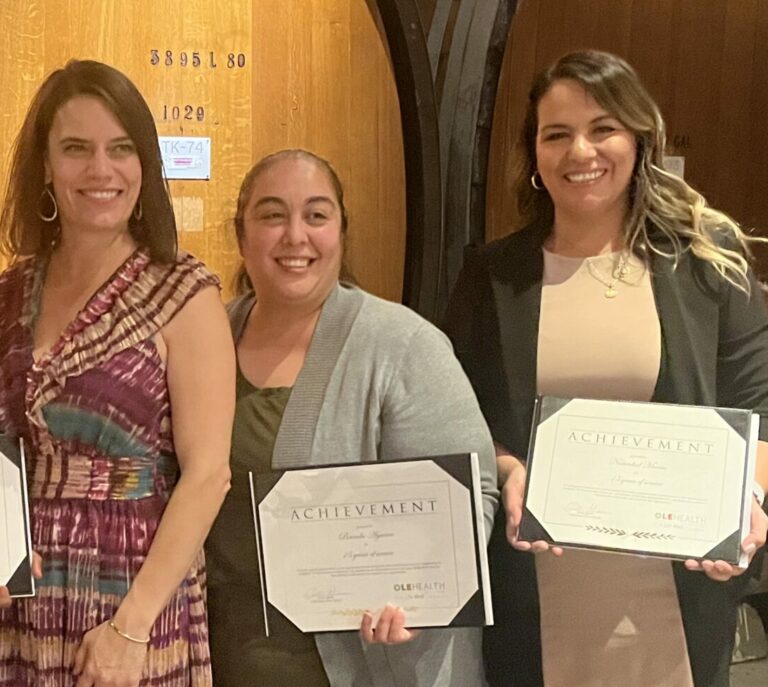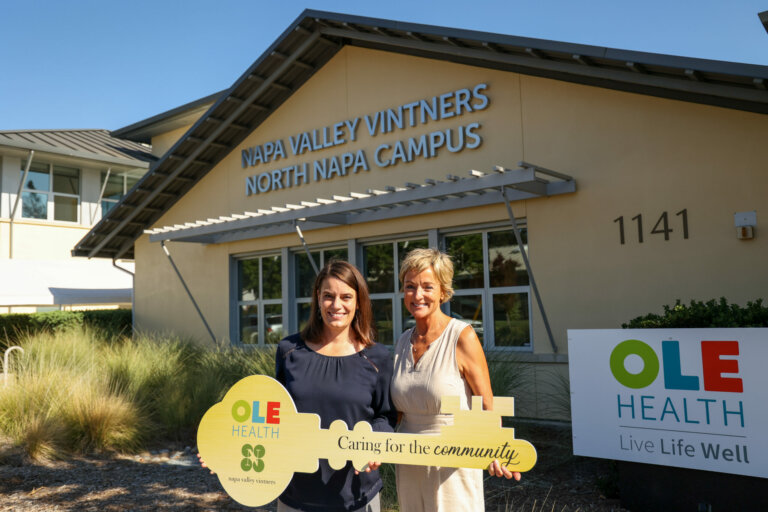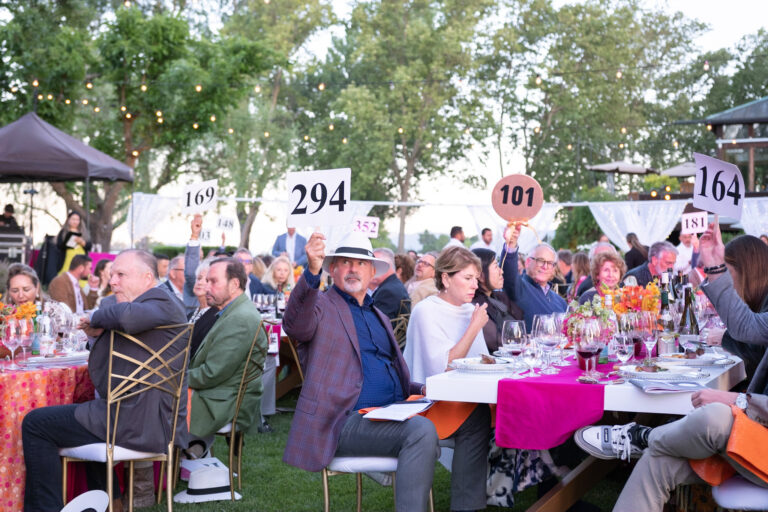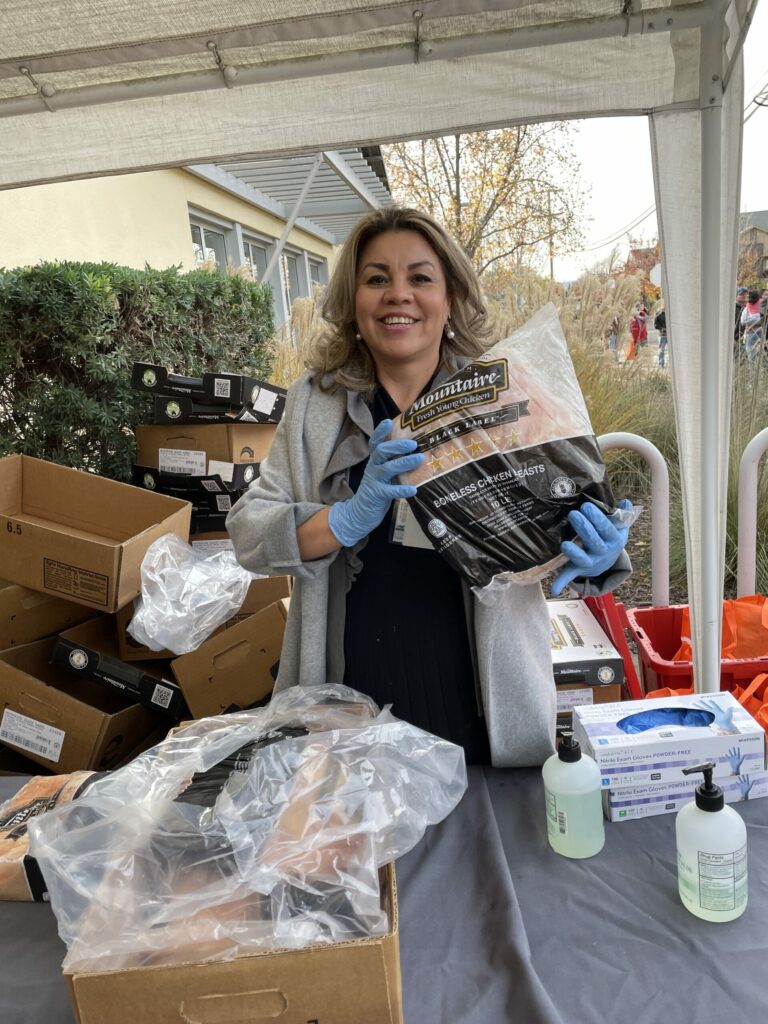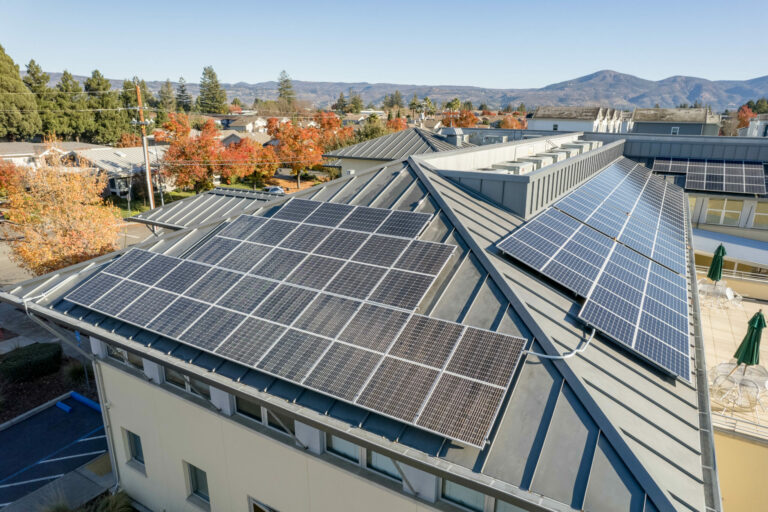Before High School, Dr. Gabriela Bermudez had lived in more countries than most people will in a lifetime. The daughter of immigrants from Cuba and Nicaragua, Dr. Bermudez was born in San Francisco and moved with her parents overseas at age 6. She lived in England and Singapore and travelled extensively through Southeast Asia and India before settling in the Washington, D.C. region her junior year of high school. After college, she joined the Peace Corps and taught English in a small village in Nepal for two years. It was her experience there that led her to a career in health care.
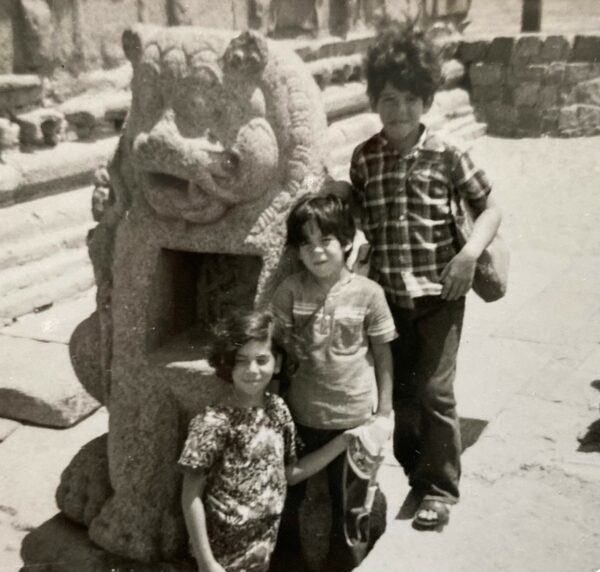
Why did you decide to become a family physician?
When I was in the Peace Corps, people would ask me for medical advice, even though I was there teaching English. I also accompanied people from my village to the hospital for care – the nearest hospital being 2.5 hours away – a 1.5-hour walk followed by an hour-long bus ride. That experience got me interested in health. When I returned from the Peace Corps, I was accepted into Columbia University’s Master’s in Public Health program. I figured it would allow me to work in health care but be less intense than medical school. But I eventually decided to become a doctor and attended the Howard University College of Medicine in Washington, D.C.
I chose Family Medicine, because I like the idea of taking care of the whole family. I get to take care of infants, adults, and the elderly. I enjoy the full scope of Family Medicine care, which I get to do at OLE Health. Most family physicians do not have a large pediatric practice; however, we have a lot of pediatric patients Up Valley, which is wonderful.
What brought you to OLE Health?
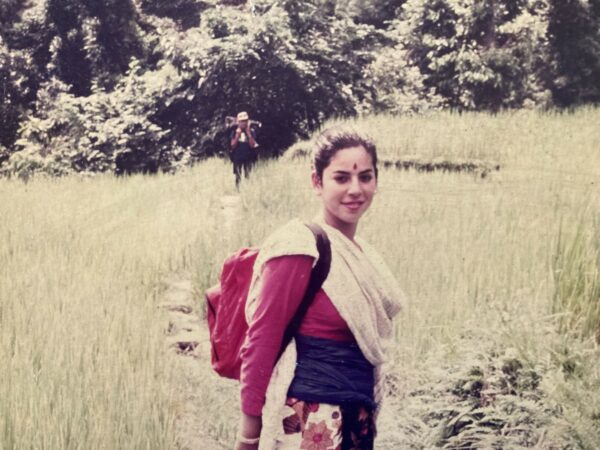
I received a scholarship from the National Health Service Corps in medical school. My education was paid for by the government in exchange for 3 years of service in primary care in an underserved area. I worked a Federally Qualified Health Center in the South Bronx for 4 years, and I really enjoyed the patient population, which was Dominican and Puerto Rican.
However, my daughter was young, and my husband wanted us to get out of the city and give her more exposure to nature. We initially were going to move to New England to be closer to my in-laws, but then I came across the listing for the job at OLE Health and applied.
The recruiter reached out to me about my application, but I didn’t have any vacation time to come out for an interview. It would be a few months before I accrued enough leave. I let the recruiter know, and he said he would reach out to me in a few months. A couple days later, I heard from him again, and he told me that the Chief Medical Officer wanted me to come interview on a weekend. After that, I was hired. That was 15 years ago.
Can you describe the community we serve Up Valley?
Up Valley is probably more rural than the areas served by our Napa and Fairfield health centers. A lot of patients work in the vineyards, either directly planting, picking, pruning or in wineries. Most of my patients are monolingual Spanish speakers and are very family oriented, but we have patients from all walks of life.
We have patients who are very well-educated and affluent, and we have patients who are uninsured or who are on Medi-Cal. Our patients come from all different backgrounds – we have patients who are Pakistani, Filipino, Nepalese, Russian, Ukrainian, and South and Central American.
What would happen if OLE Health weren’t Up Valley?
Many people don’t realize that we are open to everyone. We will not turn anyone away from our doors. We want to provide a stable medical home for our patients.
We hear from our patients that a lot of the private practice physicians have left St. Helena and Calistoga. It’s hard to make a living in private practice in this area, and a lot of the older, established providers have retired, so OLE has inherited a lot of Medicare patients. We provide stability for the community. I have been there 15 years and so has my health center manager. We have a great staff with low turnover, and that means a lot to our patients.
Can you talk a little bit about our Calistoga health center specifically and some of the challenges we face?
We take care of 1 in 3 Calistogans, and our current facility in Calistoga is about the size of a double-wide trailer. We have three exam rooms and two dental chairs. We always try to get a patient everything they need in a single visit, because we don’t know when they will be back. Currently, we do not have space to offer nutrition, care coordination, or behavioral health five days per week. We attempt to assist our patients as much as we can, but we have to do it piecemeal because of the space. When we have a new facility, we will have all-encompassing care in one location, which will help us better serve the community.
What is the most rewarding part of your job?
I like the human part of it. When I am with a patient, I try to address their medical concerns, but I also am curious about their lives. We talk about literature, music, and culture too.
I feel like people are so grateful for what we do. I was talking to a patient recently, and I had seen her mother. I referred her mother to the vascular surgeon because she had been having some swelling in her lower legs. My patient was telling me how the vascular surgeon was able to do a procedure that relieved the swelling in her legs. She was so appreciative of the referral and that her mother’s condition had finally been addressed.
Many of our patients bring us things to show that gratitude. We have a patient who makes pastries and brings them in for the whole staff. A lot of patients bring us food. We take care of the community, and our patients do small things to take care of us.
